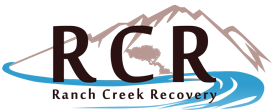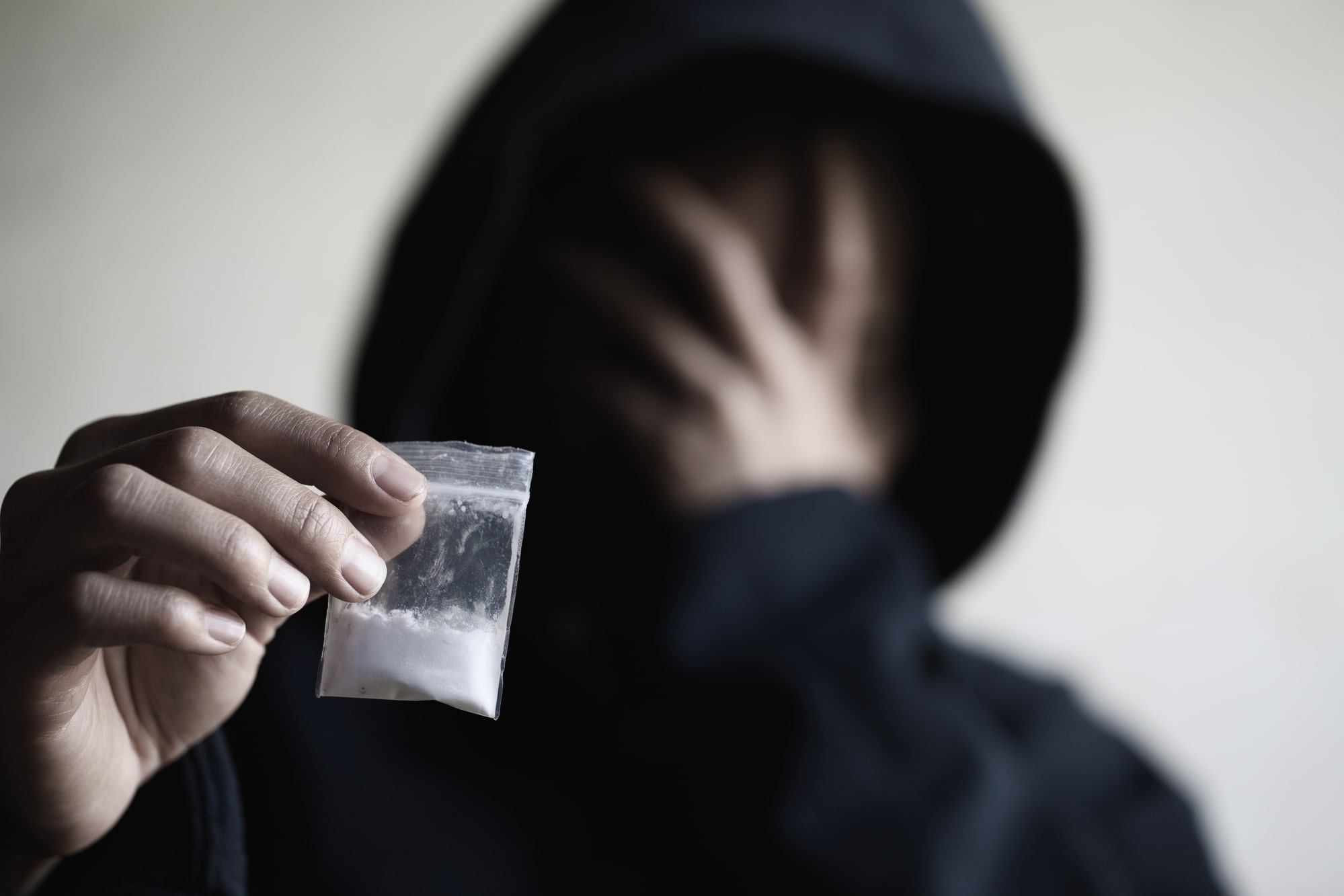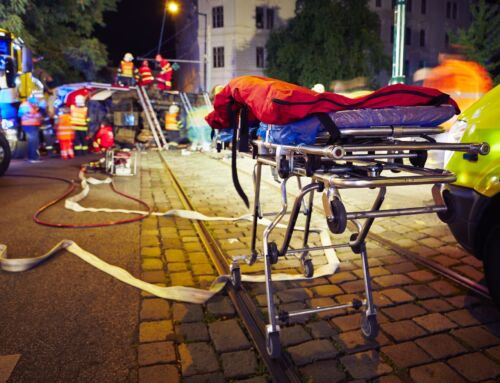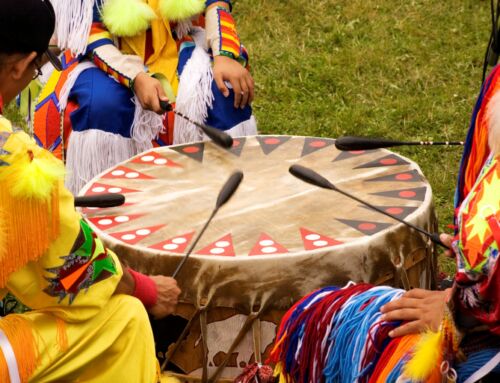An estimated 1.5 million Americans over age 12 have a meth use disorder and risk developing adverse health effects from the dangerous drug. The effects of meth addiction can impact physical and mental health.
Abusing the drug can also lead to overdose and death. In 2020 alone, more than 23,000 people died due to meth overdose. Recognizing the mental and physical symptoms of meth abuse is the first step toward helping friends and family members get help for addiction.
What Is Meth?
Meth, or methamphetamine, is a schedule II stimulant and drug that increases central nervous system activity. You may sometimes hear it referred to as speed, crystal meth, crystal, ice or chalk.
It can be produced in a meth lab, making it relatively inexpensive. This has led to a rise in methamphetamine in socioeconomically challenged areas.
Due to the physical effects of meth, the drug causes intense feelings of euphoria. Repeated meth use can cause changes in the brain that lead to methamphetamine addiction.
Someone addicted to meth may struggle to stop using the drug on their own and experience intense cravings and methamphetamine withdrawal symptoms when they try to discontinue use.
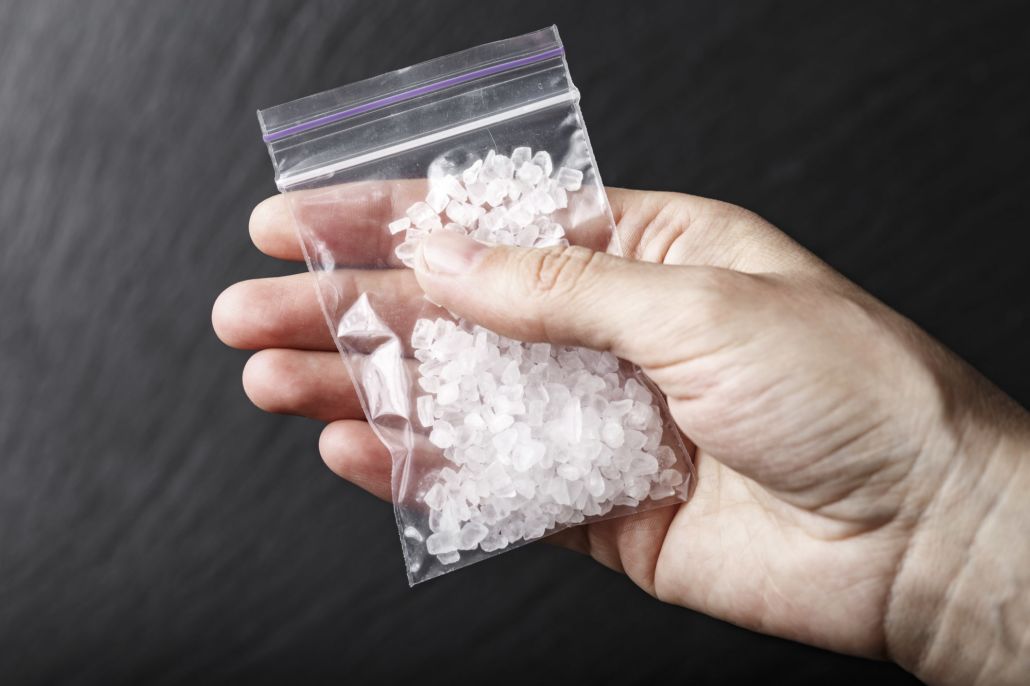
What Does Meth Look Like?
Recognizing meth can help you determine if a loved one possesses it. Someone with methamphetamine addiction may use one of several forms, including:
- Crystal meth: This highly potent form may be smoked or melted and then injected. It resembles crystals or shards of glass and may be white, blue or clear.
- Powdered meth: This common form’s yellow or white powder looks similar to other drugs, such as heroin and cocaine. It may be snorted or ingested.
- Liquid meth: The liquid form of the highly addictive drug is made by boiling crystals. Once melted, it can be injected into the skin. The pure liquid form of methamphetamine is clear, but impurities can give it a slight yellow or brown tinge.
Finding drug paraphernalia for using or cooking meth is one of the warning signs of meth abuse. Some items to look for include:
- Aluminum foil
- Butane lighters
- Cotton balls
- Drinking straws
- Handheld mirrors
- Needles
- Pen casings
- Glass or metal pipes
- Plastic cards
- Razor blades
- Spoons, which may have burn marks on the bottom
- Syringes
Physical Signs of Meth Use
Meth abuse can cause many physical signs and symptoms. The following are some physical warning signs that someone may be using meth:
- Chest pain: Meth use can trigger a heart attack or cause chest pain. Someone experiencing chest pain after using meth should seek emergency medical care.
- Fever: Methamphetamine can raise body temperature, leading to fevers.
- High blood pressure: Meth causes blood vessels to constrict, raising blood pressure and resulting in hypertension. Sometimes, this can lead to a dangerous hypertensive crisis marked by severe headache, dizziness and confusion.
- Insomnia and excessive sleep: Stimulants energize the body and make sleeping difficult. During the crash phase following the high, someone may sleep for one to three days.
- Muscle twitching: The stimulant can cause muscle spasms and facial and body twitching.
- Restlessness: Methamphetamine increases energy levels and can cause restlessness or extreme interest in physical activities, such as exercising or cleaning.
- Rotting teeth: Over time, meth can blacken or rot teeth, commonly referred to as meth mouth.
- Scratching: Itchy skin is one of the early signs of meth use. You may notice your loved one’s skin appears flushed and see them scratching.
- Skin changes: Habitual meth use can cause acne and/or reduce skin elasticity, leading to the premature development of signs of aging, such as fine lines and wrinkles.
- Weight loss: Methamphetamine suppresses appetite, which can cause someone to eat less or stop eating, leading to rapid weight loss.
Behavioral Effects of Meth Use
Meth’s impact on the brain can lead to behavioral signs of abuse. If you observe any of the following signs, your loved one may suffer from meth addiction:
- Aggression: Following a meth binge, a person may get angry easily and become physically or verbally aggressive.
- Anxiety: Someone may show signs of anxiety, such as worrying, trembling and irritability after using meth.
- Cognitive problems: Meth can interfere with concentration and impair the ability to think critically and problem solve.
- Mood swings: Taking methamphetamine can lead to unpredictable mood shifts, such as laughing one moment and becoming angry or sad the next.
- Tweaking: After a drug binge, a person may experience severe symptoms called tweaking and may hallucinate.
General Signs of Drug Abuse
Addiction to drugs can cause several general behavioral and psychological signs. The following changes in a person’s life may indicate addiction to meth or other substances:
- Criminal behavior, such as stealing to get money to buy drugs
- Lack of self-care, which may lead to body odor or a decline in appearance
- Loss of interest in hobbies and activities as feeding addiction becomes a priority
- Poor grades in school or performance at work
- Relationship problems with friends, romantic partners or family
- Secretive behavior, such as not wanting you to go in their room or lying about where they’re going
- Taking unnecessary risks, such as having unprotected sex despite the danger of unwanted pregnancy and sexually transmitted diseases
Remember that other behavioral health conditions can cause similar symptoms.

What To Do When You Spot the Signs of Meth Addiction
Although the risks of methamphetamine use and addiction are serious, those who receive treatment for substance abuse at treatment centers can improve their physical and mental health. Licensed medical professionals can oversee detox and administer treatment to lessen withdrawal effects.
The drug rehab programs then explores what led to substance abuse, such as past traumas and underlying mental health disorders. After identifying root causes, treatment focuses on developing coping mechanisms and strategies to avoid future meth use.
Addiction family therapy may also help you learn how to support your loved one while they recover from drug use. For more information about treatment options for your loved one, call Ranch Creek Recovery treatment center at 877-977-8931.
